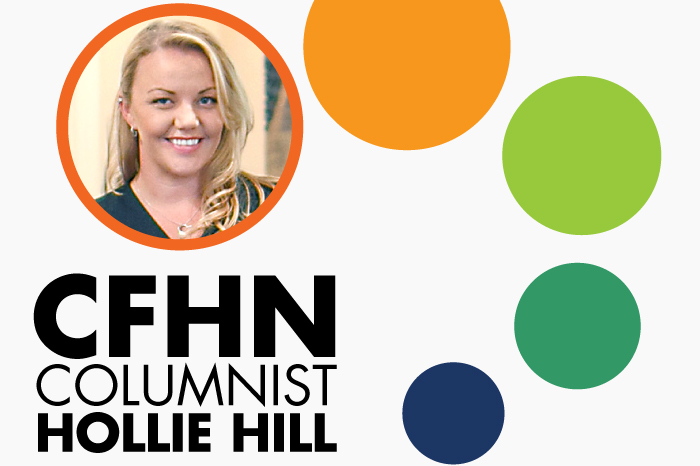
Health News
Features
-
The gloves are on
Fighting back with risk assessment and prevention The greatest risk factors for breast cancer are being female and getting older. For women living in the United States, breast cancer is the second most common form of cancer next to skin cancer. It is also the second leading cause of cancer deaths next to lung cancer.…
-
Mammogram memo
How often should I get checked? One in eight women will get breast cancer in their lives. Breast cancer is the second leading cause of death in women. One way to improve these outcomes is by having appropriate screenings whereby we are able to detect cancer earlier. Mammograms can be uncomfortable for many women and…
-
Today’s breast conserving measures
The then and now of treatment and surgery Breast cancer is the most common cancer in women worldwide. Each year 1.3 million women are diagnosed with breast cancer and the incidence of breast cancer increases with age; more than 80 percent occur above age 50 and 35 percent above age 70. There are many diagnostic…
Columns
-
Healthy Cook: Culinary tips for the caregiver turned chef
There is no denying that our taste buds age with the rest of us. They get tired, just like our knees and hips. Doctors can replace some worn-out parts, but have you ever heard of a taste bud implant? One of the burger chains uses a slogan something like, “You Gotta Eat.” Well, it’s true. …
-
Word of Mouth: Myths about implants debunked, part II: Are they effective?
Working like your own teeth, dental implants are imbedded in your jaw bone; they offer a superior option over bridges and dentures. Implants look and feel like your natural teeth, but you may worry that they won’t be effective long-term. Look to the facts when considering the effectiveness of implants. Myth: Dental Implants are too…
-
Ask a Nurse: Alzheimer’s is Type 3 Diabetes!
In 1906, a German neuropathologist Dr. Alois Alzheimer first identified what is now considered Alzheimer’s Disease (AD). He was caring for a middle-aged woman suffering from memory loss and disorientation. Just a short five years later, the woman passed away after enduring the torment of hallucinations and symptoms of dementia. Currently “the presence of neurofibrillary…



